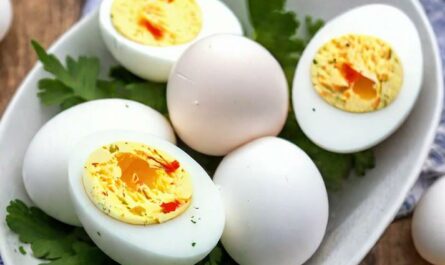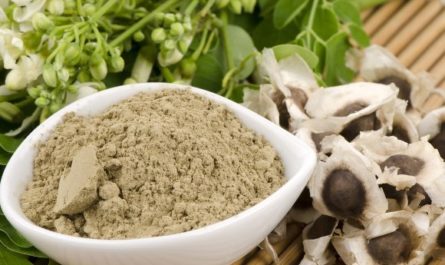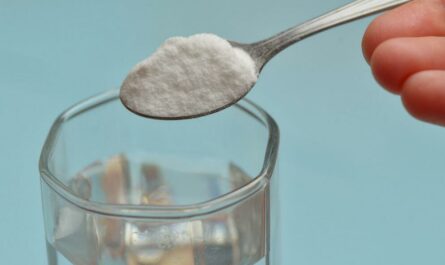Chia seeds are small, oval-shaped seeds that come from the plant Salvia hispanica. It is native to Central and South America. They have been consumed for centuries and were a staple food for ancient civilizations such as the Aztecs and Mayans.
These tiny seeds pack a powerful nutritional punch and are particularly beneficial for women’s health. From providing essential nutrients to supporting hormonal balance, chia seeds offer a wide range of advantages. In this article, we will explore 16 amazing health benefits of chia seeds specifically for women.
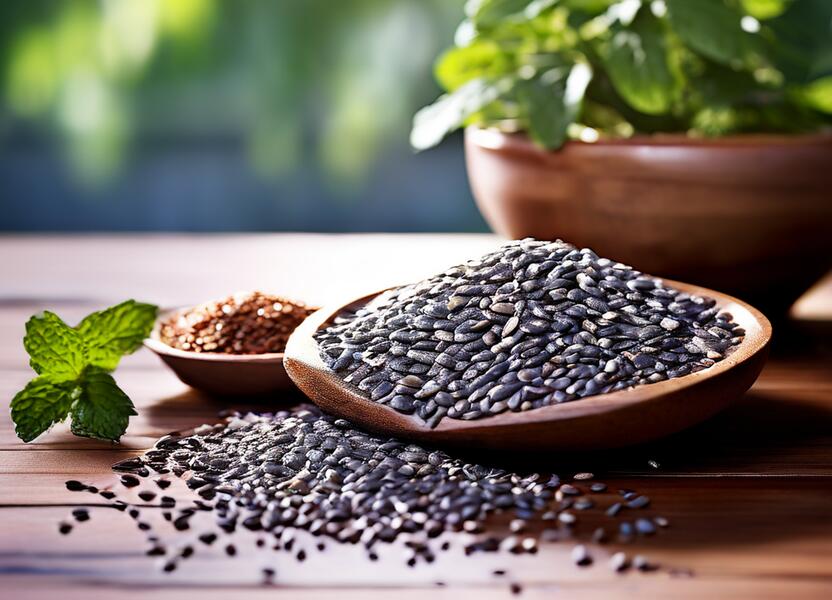
16 Amazing Benefits of Chia Seeds for Women
Here are 16 science-backed health benefits of chia seeds that every woman should know about:
1. Excellent Source of Nutrients
Just a single ounce (28 grams or about 2 tablespoons) of chia seeds contains an impressive amount of nutrients:
- Fiber: 11 grams
- Protein: 4 grams
- Fat: 9 grams (5 of which are omega-3s)
- Calcium: 18% of the RDI
- Manganese: 30% of the RDI
- Magnesium: 30% of the RDI
- Phosphorus: 27% of the RDI
Chia seeds also contain decent amounts of zinc, vitamin B3 (niacin), potassium, vitamin B1 (thiamine), and vitamin B2. This is particularly important for women, who have higher daily requirements for many of these essential nutrients compared to men.
The protein in chia seeds is considered a complete protein source, as it contains all nine essential amino acids that our bodies cannot produce on their own. The combination of protein, fiber, and healthy fats also makes chia seeds a filling, nutritious snack or ingredient.
2. High in Antioxidants
In addition to being nutrient-dense, chia seeds are an excellent source of antioxidants, which help protect the body from free radicals, aging, and cancer. The high antioxidant content also helps the sensitive fats in chia seeds from going rancid. This allows them to be stored for long periods without refrigeration.
Antioxidants are important for women’s health as they can help slow the aging process, ward off chronic diseases, and protect skin from damage. Quercetin is one of the most powerful antioxidants in chia seeds. It has been shown to have anti-inflammatory, anti-viral, and anti-cancer effects in various studies. Caffeic acid is another potent antioxidant that may help protect against diabetes, cancer, and age-related diseases.
3. May Support Weight Loss
Chia seeds are often promoted as a weight loss aid, and there is some scientific evidence to support this claim. The high fiber and protein content in chia seeds may help reduce appetite and food intake.
The soluble fiber in chia seeds absorbs large amounts of water, expanding in your stomach and increasing feelings of fullness. This can help you eat fewer calories throughout the day. Chia seeds are also high in protein, which can reduce appetite and food intake compared to lower-protein foods.
Studies have found that eating chia seeds increases feelings of fullness and reduces calorie intake. However, larger and longer-term studies are still needed to confirm the weight loss effects of chia seeds.
4. Loaded With Omega-3 Fatty Acids
One of the biggest nutritional benefits of chia seeds is their high content of omega-3 fatty acids, particularly alpha-linolenic acid (ALA). ALA is an essential fatty acid that the body cannot produce, so it must be obtained from the diet.
Chia seeds contain more omega-3s than any other plant food, with nearly 5 grams of omega-3s per ounce. This makes them one of the best plant-based sources of these healthy fats.
Omega-3s are important for heart health, brain function, and reducing inflammation in the body. They may also help alleviate symptoms of hormonal disorders like PCOS and endometriosis in women by reducing inflammation.
While ALA is not as potent as the omega-3s EPA and DHA found in fish oil, some ALA can be converted into these more active forms in the body. Eating chia seeds along with other omega-3-rich foods like walnuts and flaxseeds can help increase your overall omega-3 intake.
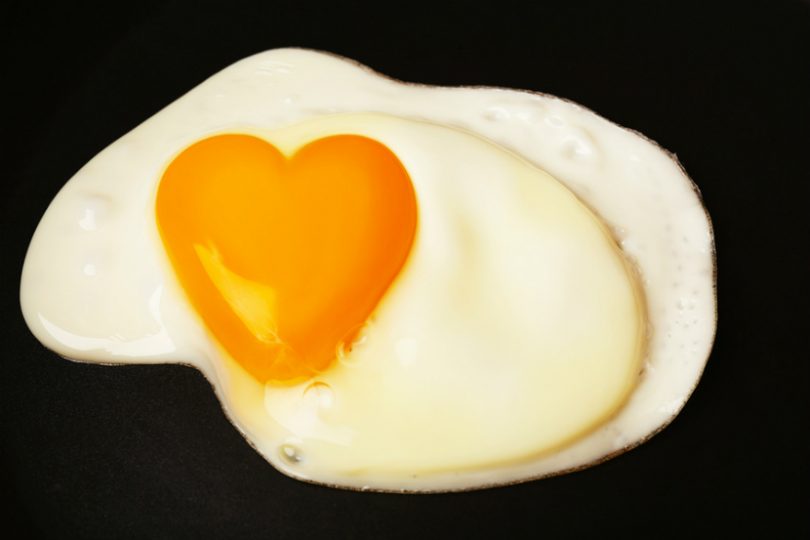
5. May Lower Your Risk of Heart Disease
Thanks to their high fiber and omega-3 content, chia seeds may help reduce your risk of developing heart disease. The soluble fiber in chia seeds can help lower total and LDL (bad) cholesterol in the blood.
Consuming the omega-3 ALA has also been linked to a reduced risk of heart disease and improved markers of heart health like blood pressure, inflammation, and arterial function. One human study found that eating 25 grams (about 1.8 tablespoons) of chia seeds daily for 12 weeks reduced blood pressure in people with hypertension.
While more research is still needed, the evidence so far suggests that incorporating chia seeds could be a simple way to promote heart health.
6. May Help Manage Blood Sugar
The high fiber content in chia seeds may help stabilize blood sugar levels by slowing the absorption of sugar in the gut. This is especially important for women with diabetes, metabolic syndrome, or polycystic ovary syndrome (PCOS).
Some studies have found that eating bread containing chia seeds helps lower post-meal rises in blood sugar compared to bread without chia. The soluble fiber in chia seeds may also improve insulin sensitivity, allowing cells to use glucose more efficiently.
For women with diabetes or insulin resistance, adding chia seeds to meals could be a helpful way to better manage blood sugar spikes.
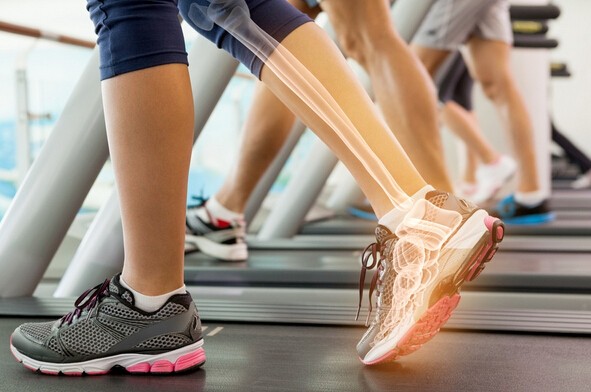
7. Beneficial for Bone Health
One ounce of chia seeds contains 18% of the recommended daily intake of calcium, which is vital for bone health. Chia seeds also contain boron, a trace mineral that helps metabolize calcium, magnesium, manganese, and phosphorus for healthy growth and maintenance of bones and muscles.
These nutrients are particularly important for women, who are at a higher risk of developing osteoporosis later in life due to declining estrogen levels during menopause. Eating chia seeds regularly can help boost calcium intake and may reduce the risk of osteoporosis in postmenopausal women.
The protein, magnesium, and phosphorus in chia seeds also contribute to building and maintaining strong bones. Some research suggests that the combination of nutrients in chia seeds may be more effective for bone health than calcium alone.
8. May Reduce Chronic Inflammation
Chronic inflammation is involved in the development of many diseases, including cancer, heart disease, autoimmune disorders, and neurodegenerative conditions like Alzheimer’s. Chia seeds are a good source of anti-inflammatory omega-3 fatty acids and antioxidants that can help reduce inflammation in the body.
In particular, the antioxidant quercetin found in chia seeds has been shown to have potent anti-inflammatory effects. It works by inhibiting inflammatory enzymes and pathways, reducing oxidative stress, and preventing the overproduction of inflammatory molecules.
Regular consumption of chia seeds may help lower inflammatory markers. It can protect against chronic diseases that disproportionately affect women, such as rheumatoid arthritis, lupus, and multiple sclerosis.
9. Easy to Incorporate Into Your Diet
One of the best things about chia seeds is how easy they are to incorporate into a healthy diet. They have a mild, nutty flavor that goes well with both sweet and savory dishes. Chia seeds can be eaten raw, soaked in liquid, added to baked goods, or sprinkled on top of cereal, yogurt, vegetables, or rice dishes.
Because of their ability to absorb water and fat, they can be used to thicken sauces or as an egg substitute in recipes. When soaked in liquid, chia seeds form a gel-like consistency that can be used as a vegan egg replacer or binder in baked goods.
You can also make a simple chia seed pudding by mixing chia seeds with milk or a non-dairy milk alternative and letting it sit for a few hours. The versatility of chia seeds makes them an easy ingredient to incorporate into a healthy diet in both sweet and savory applications.
10. Gluten-Free and Grain-Free
Chia seeds contain no gluten or grains, making them a good choice for women following a gluten-free, grain-free, or low-carb diet. They are also usually grown organically. So you can feel good about eating chia seeds if you’re trying to minimize your exposure to pesticides and GMOs.
For women with celiac disease or gluten sensitivity, finding nutrient-dense, gluten-free foods can be a challenge. Chia seeds offer an easy way to get fiber, protein, omega-3s, and micronutrients on a gluten-free diet.
The low-carb and high-fiber nature of chia seeds also makes them a good option for women following a ketogenic or low-carb diet.

11. May Help Relieve Constipation
Chia seeds are an excellent source of fiber, with a single ounce providing 11 grams of fiber, or 44% of the recommended daily intake for women. Most of the fiber in chia seeds is soluble fiber. This absorbs water and forms a gel-like substance in the gut.
This gel adds bulk to your stool and helps food pass smoothly through your digestive system, preventing constipation. Eating chia seeds regularly can help promote regularity and healthy digestion.
The fiber in chia seeds may also help relieve other digestive issues like diarrhea, bloating, and cramping. For women who struggle with digestive problems, chia seeds could be a simple and natural solution.
12. May Improve Skin Health
The high amounts of omega-3s and antioxidants in chia seeds may also benefit your skin. Omega-3 fatty acids are essential for maintaining cell membranes, which help protect the skin and keep it hydrated.
The antioxidants in chia seeds, such as quercetin, can help protect the skin from free radical damage and premature aging caused by sun exposure, pollution, and other environmental stressors. Some women even use chia seed oil topically as a natural skin moisturizer and anti-aging treatment.
The zinc in chia seeds is also important for skin health, as it helps regulate oil production, heal wounds, and prevent acne. By providing a variety of skin-nourishing nutrients, chia seeds may help improve skin texture, tone, and elasticity from the inside out.
13. May Boost Energy and Exercise Performance
Chia seeds are sometimes used by athletes for carb loading. This is a strategy that helps maximize the storage of glycogen in the muscles and liver to optimize endurance. The high protein and fiber content may also help improve exercise performance and recovery.
One study found that consuming a drink containing chia seeds enhanced exercise performance for workouts. The combination of protein, fiber, and healthy fats in chia seeds provides a steady source of energy that can help fuel your workouts and keep you feeling fuller for longer.
For physically active women, adding chia seeds to your diet may help give you an edge during workouts and aid in muscle recovery afterward.
14. May Help Fight Breast and Cervical Cancer
Some test-tube and animal studies suggest that chia seeds have anti-cancer properties, particularly against breast and cervical cancer cells. The ALA found in chia seeds is thought to be the main cancer-fighting ingredient.
One study showed that ALA limited the growth and spread of both breast and cervical cancer cells, but did not affect normal healthy cells. The antioxidants in chia seeds may also help protect against cancer by reducing inflammation and oxidative stress in the body.
While this research is promising, more studies are needed to determine the effectiveness of chia seeds in fighting cancer in humans. However, adding chia seeds to an overall healthy, plant-based diet could be a smart choice for reducing cancer risk.
15. May Reduce Symptoms of PMS and Menopause
The high levels of omega-3s, antioxidants, and minerals like magnesium and calcium in chia seeds may help reduce symptoms associated with PMS and menopause in women.
Omega-3s can help balance hormones and reduce inflammation, which may alleviate cramps, headaches, bloating, and mood swings during PMS. The calcium and magnesium in chia seeds are important for bone health and preventing osteoporosis during menopause.
The antioxidants can also help protect against oxidative stress, which tends to increase during menopause due to declining estrogen levels. This oxidative stress can contribute to hot flashes, night sweats, and other menopausal symptoms.
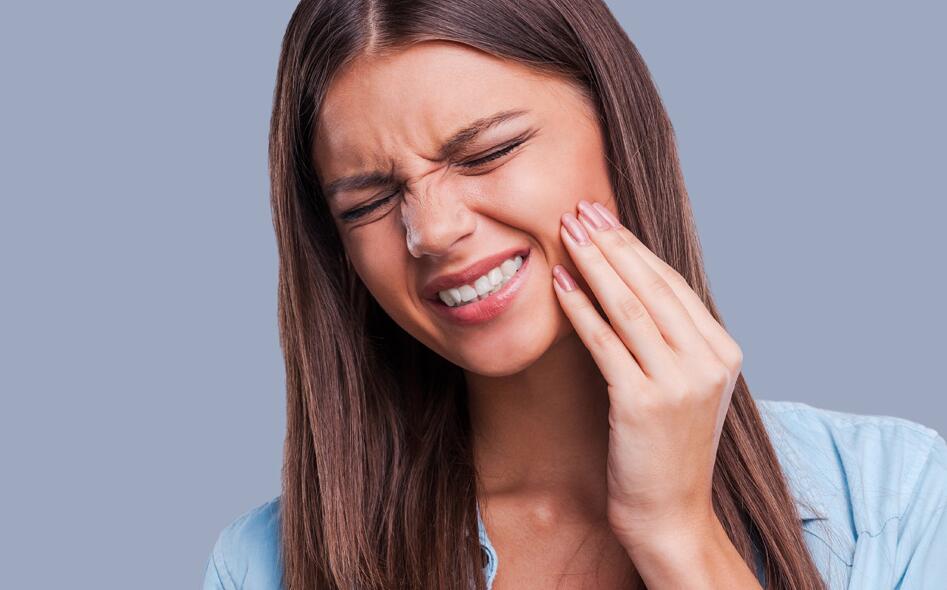
16. May Improve Dental Health
Last but not least, the calcium, phosphorus, vitamin A, and zinc in chia seeds are important for maintaining healthy teeth and gums. Calcium is essential for strong bones and teeth, while zinc prevents tartar by keeping plaque from mineralizing onto your teeth.
Vitamin A is needed for the formation of tooth enamel, the hard outer layer that protects teeth from decay. Phosphorus works together with calcium to strengthen tooth enamel as well.
Incorporating chia seeds into your diet could help keep your smile bright and healthy by providing these key nutrients for dental health. The anti-inflammatory properties of chia seeds may also help reduce gum inflammation and prevent periodontal disease.
How to Eat Chia Seeds Safely?
To maximize the potential health benefits, it’s best to eat chia seeds that have been soaked or ground, rather than eating them whole. Soaking chia seeds in liquid softens them and creates a gel-like consistency.
To make chia gel, mix 1/3 cup of chia seeds with 2 cups of water or nut milk and let it sit for a few minutes. The seeds will absorb the liquid and form a gel that can be eaten on its own or added to smoothies, oatmeal, or yogurt.
You can also grind chia seeds in a coffee grinder or food processor to break down the hard outer shells before eating them. Ground chia powder can be used in baked goods or sprinkled on top of salads or cereals.
It’s generally recommended to eat about 20 grams (about 1.5 tablespoons) of chia seeds twice per day. Remember to drink plenty of water when eating chia seeds, as they can absorb 10-12 times their weight in liquid.
The Bottom Line
Chia seeds are a true superfood that offers numerous health benefits for women. They are one of the best sources of plant-based omega-3 fatty acids, fiber, protein, and antioxidants. Regularly eating chia seeds may help promote weight loss, lower inflammation, and improve heart and gut health.
As with any food, moderation is key. Be sure to drink plenty of water when eating chia seeds. This can help prevent digestive issues, and talk to your doctor if you have any concerns.

